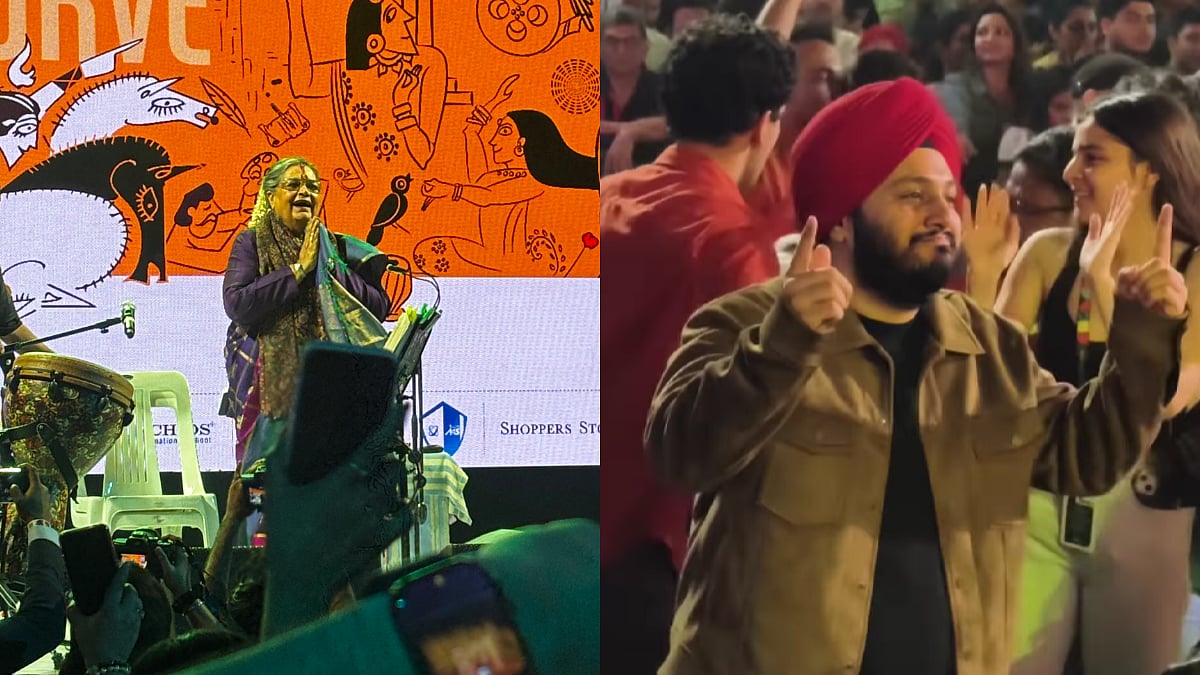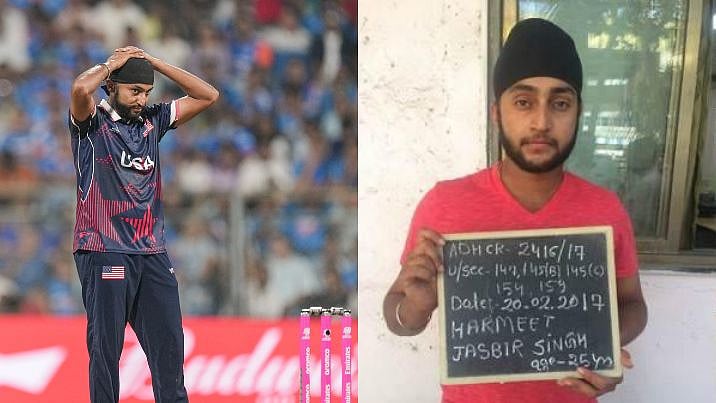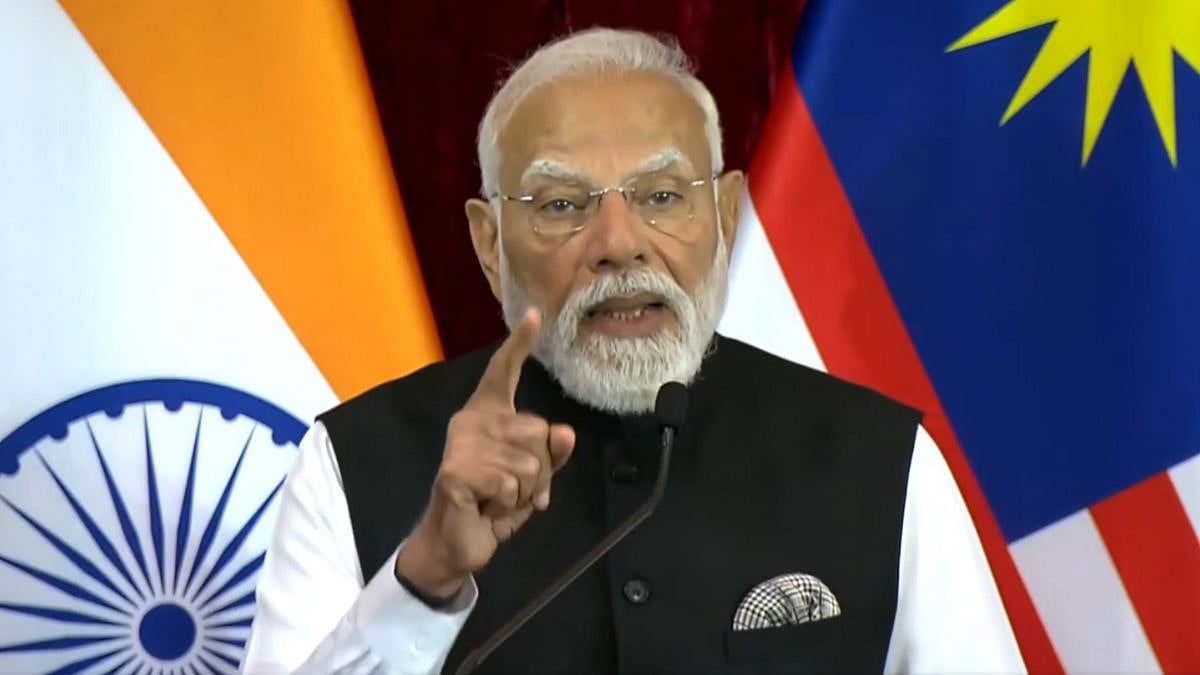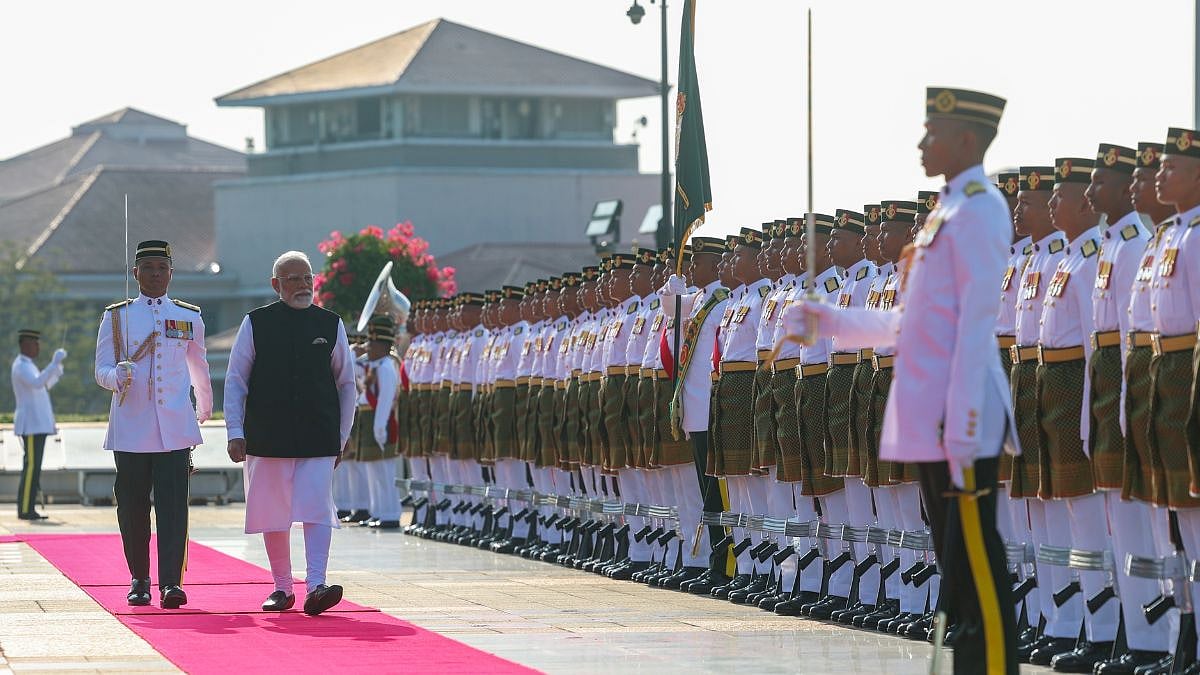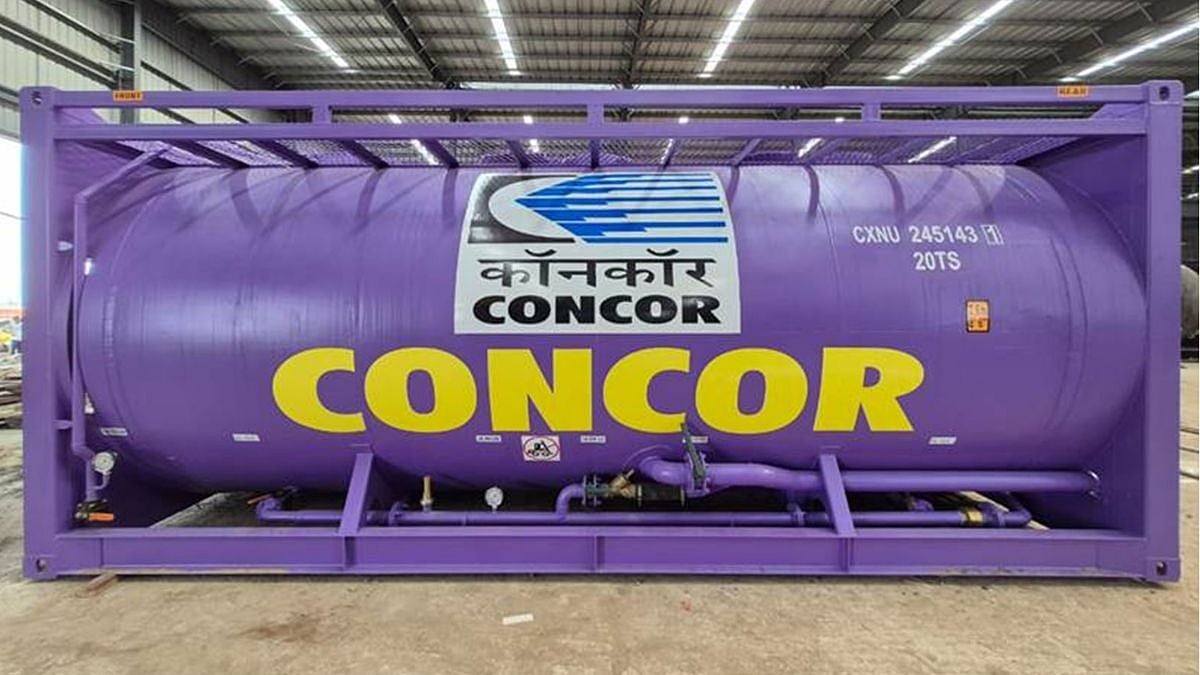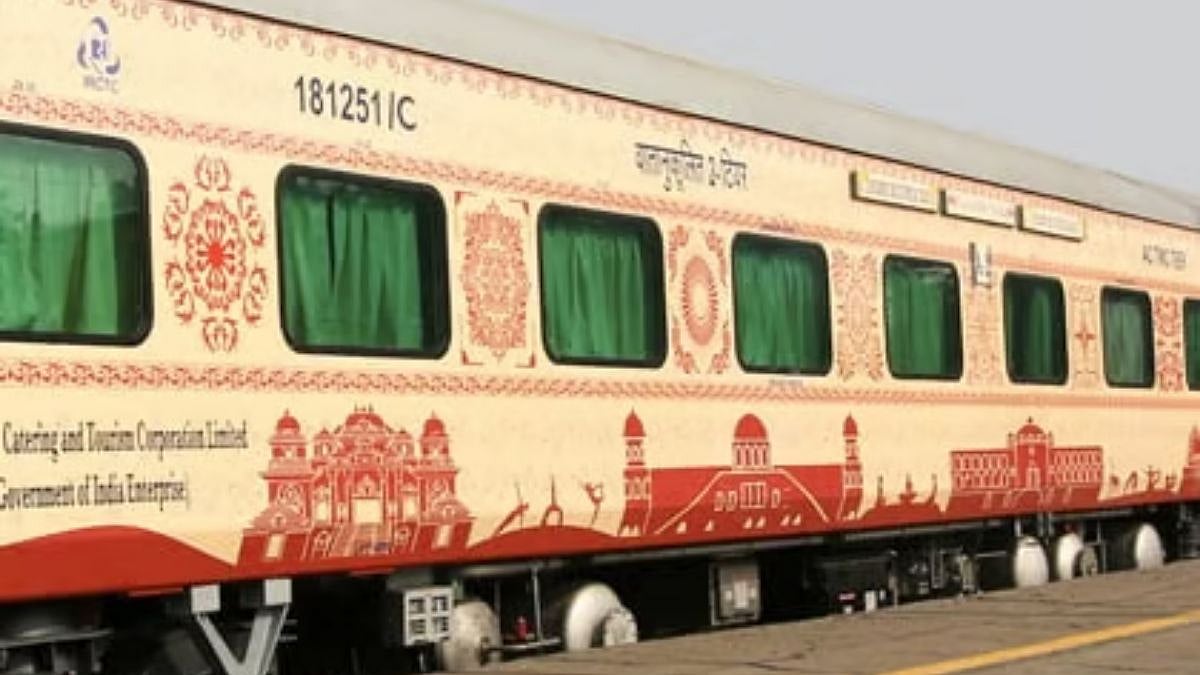K Kamaraj, the former chief minister of Tamil Nadu, credited with making Tamil Nadu one of the most literate states in India, was born on this day in 1903 in Virudhunagar. Today marks the 121st birth anniversary of the stalwart Congress leader, who introduced social initiatives and reforms that helped the masses in the southern Indian state of Tamil Nadu.
On the birth anniversary of this significant leader who left his mark on the nation's politics, here are 10 facts about K Kamaraj, which cover interesting and important events from the leader's life.
1. K Kamaraj was born to Kumaraswamy Nadar (father) and Sivakami Ammal (mother). Kamaraj was originally named 'Kamatchi' and his name was later changed to 'Kamarajar'.
2. Tragedy befell Kamaraj, when his father died while Kamaraj was only 6-years old. He had to leave school at the age of 11 to support his mother to help run the home.
3. However, K Kamaraj educated himself and read newspapers to keep a tab on India's freedom struggle. Around this time, he participated in the Indian Home Rule movement's public meetings and rallies, which marked the beginning of his political career.
4. The 1919 Jallianwala Bagh massacre moved K Kamaraj deeply. In 1921, Kamaraj was influenced by Mahatma Gandhi, who had visited Madurai that year. He participated in the non-cooperation movement. He joined Congress full-time as a worker.
5. K Kamaraj also participated in the Civil Disobedience movement at Vedaranyam. He was jailed by the Britishers for two years following this.
6. In 1937, he was elected as a member of the Madras Legislative Assembly. He was arrested again in 1942 for participating in the Quit India Movement.
7. After India's independence, Kamaraj became a member of the Constituent Assembly. In 1952, he became a member of parliament.
8. In 1954, Kamaraj was elected as the chief minister of undivided Madras province.
9. K Kamaraj won in the 1957 as well as the 1962 elections. In his 9-year stint as the CM of Tamil Nadu, he helped the state change for the better. His contribution in the field of education and opening schools as well as introducing the mid-day meal, are remembered to this day.
10. Kumaraswami Kamaraj continued to work for the party and his 'Kamaraj Plan' showed his dedication for the party as he resigned from the CM's post. He was also made the national president of the Congress Party in 1963. The leader passed away on October 2, 1975. Kamaraj was honoured posthumously with India’s highest civilian award, the Bharat Ratna, in 1976.

